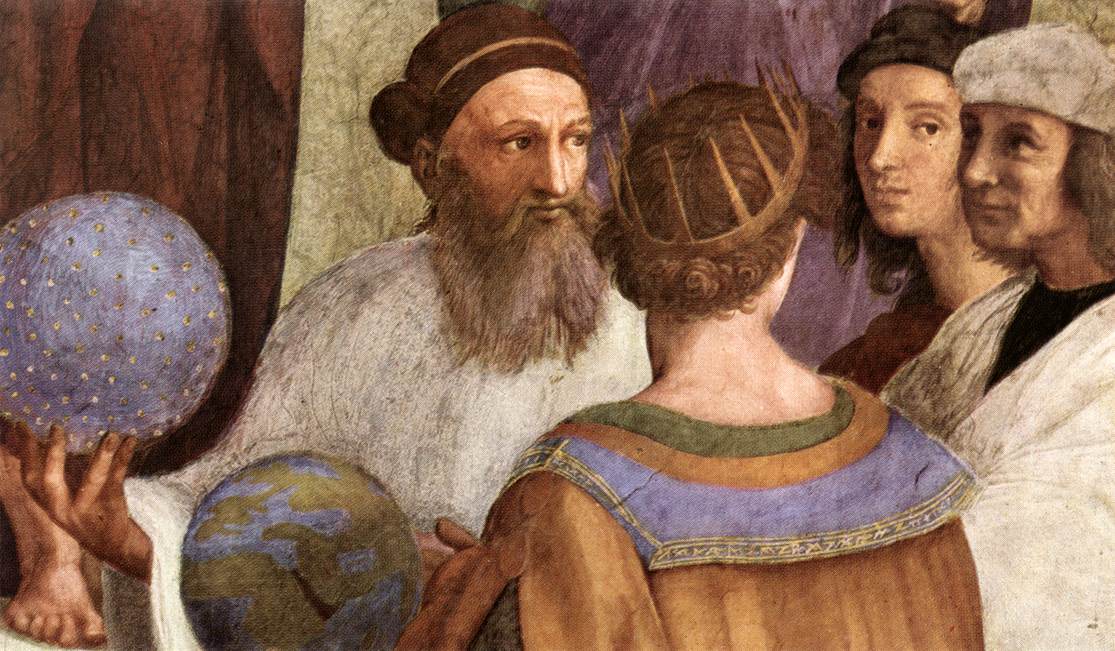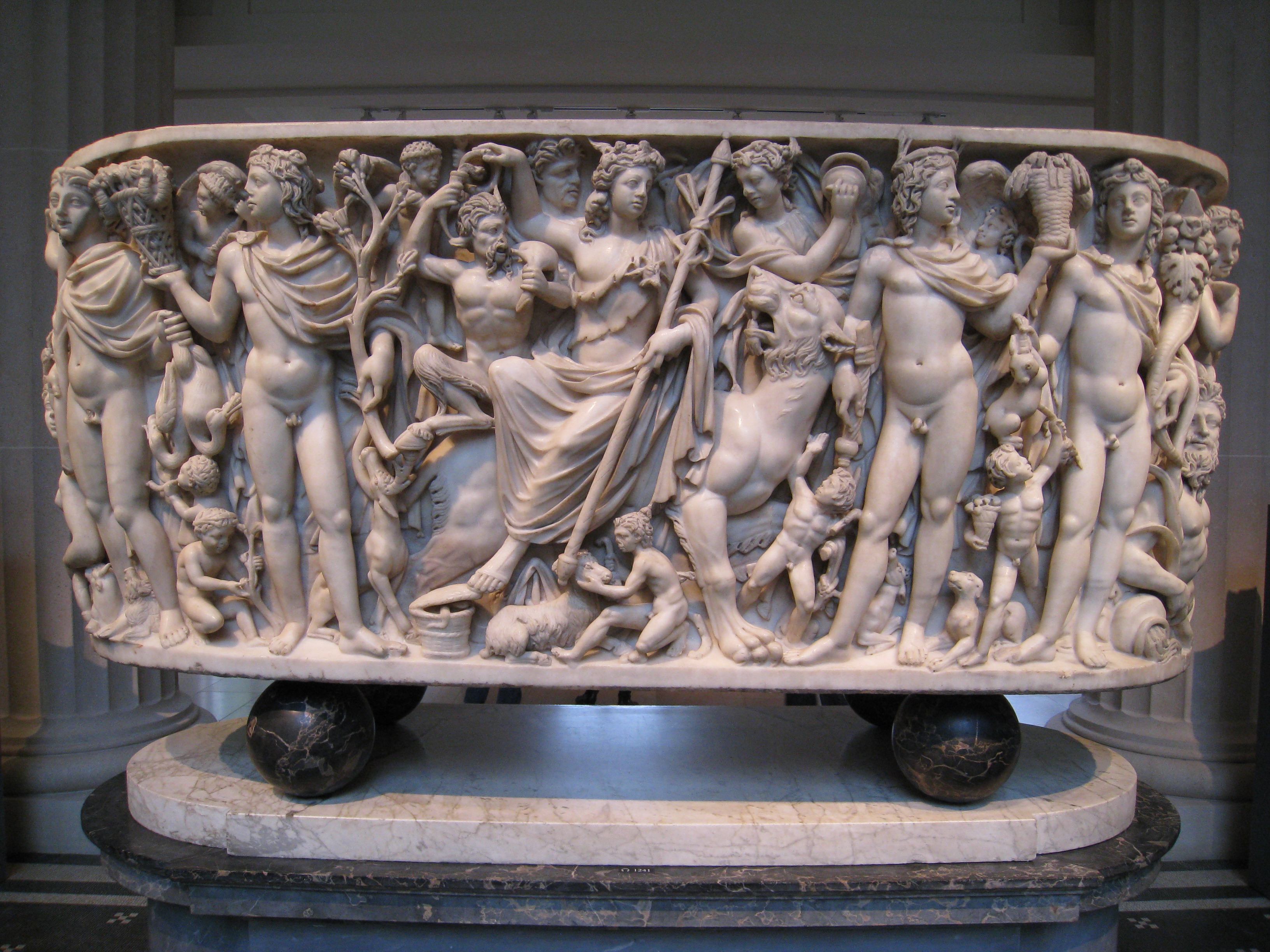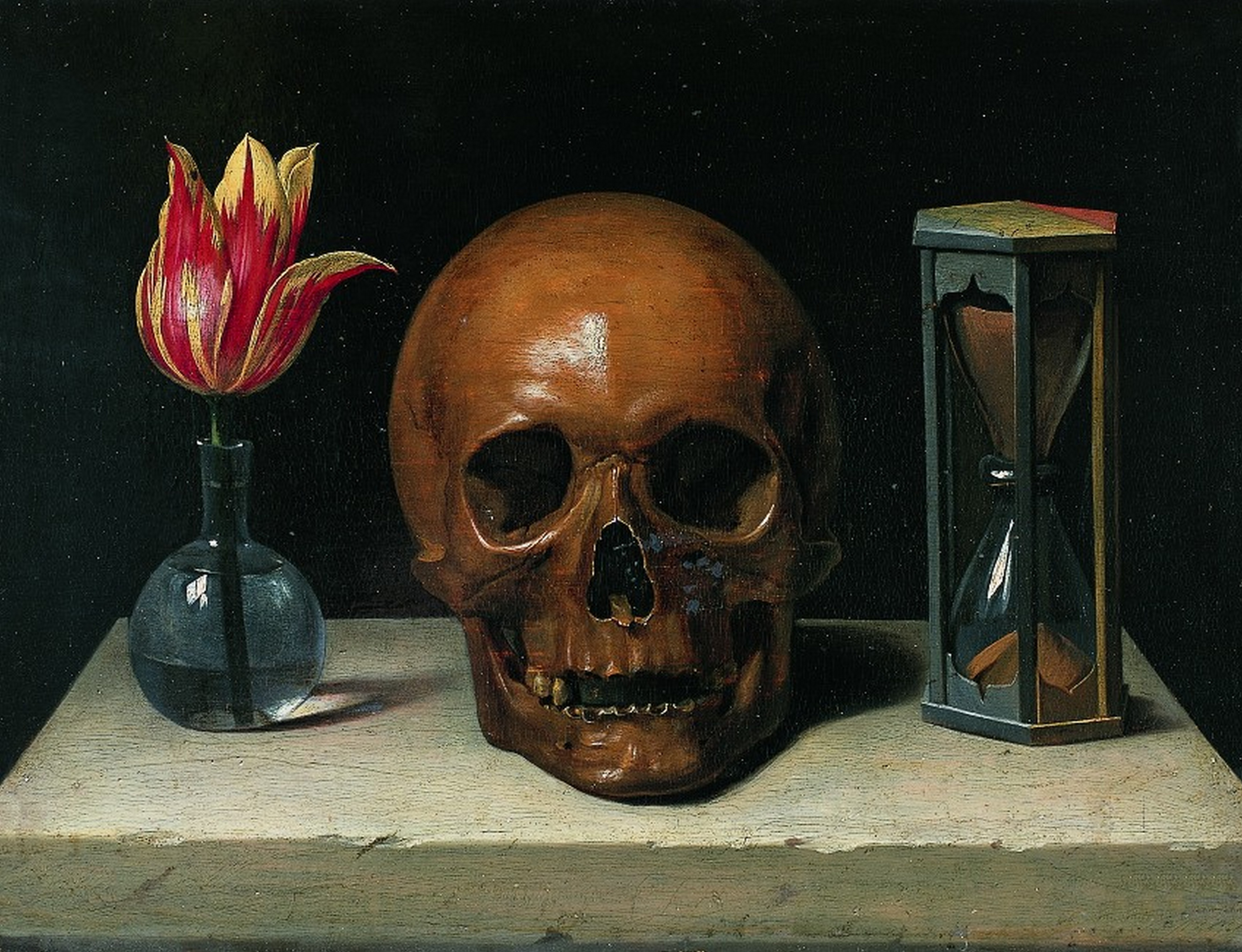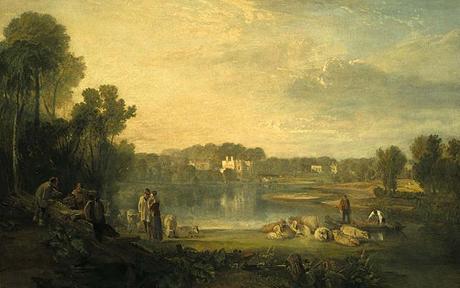 |
| I think that Menzies is dead and we have killed him. And it’s not good. |
Yesterday I was toying with Nietzsche’s idea that God is dead, and we have killed him, but in a Menzian sense. Nietzsche didn’t think that the absence of God was a good thing. Similarly, the Liberal Party, until recent times, was the only party whose platform I could read without cringing at any of its ideas. While that may still be the case in writing, in practice, I now think that Menzies is dead and we have killed him. And it’s not good.
Contrary to what lefties love to think, Nietzsche wasn’t glad that God was dead. Neither should we be glad that the Liberal Party has killed off Menzies.
My latest in The Spectator Australia, Liberal Party is dead, and moderates just delivered its eulogy.
Nietzsche wasn’t glad that God was dead. Neither should we be glad that the Liberal Party has killed off Menzies. 😞
— The Spectator Australia (@SpectatorOz) November 24, 2025
The truth is that the contemporary Liberal Party no longer has a base, it has a hostage.
The salaried middle class, the outer-suburban mortgage belt, the… pic.twitter.com/l5OAsss6K9
 Donate
Donate











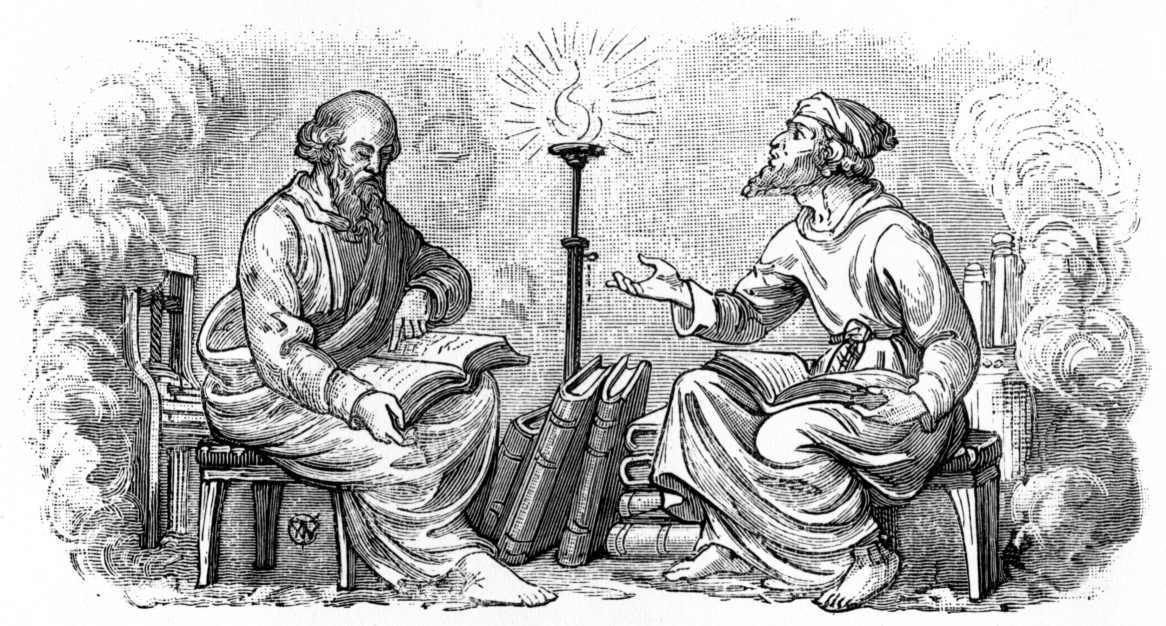

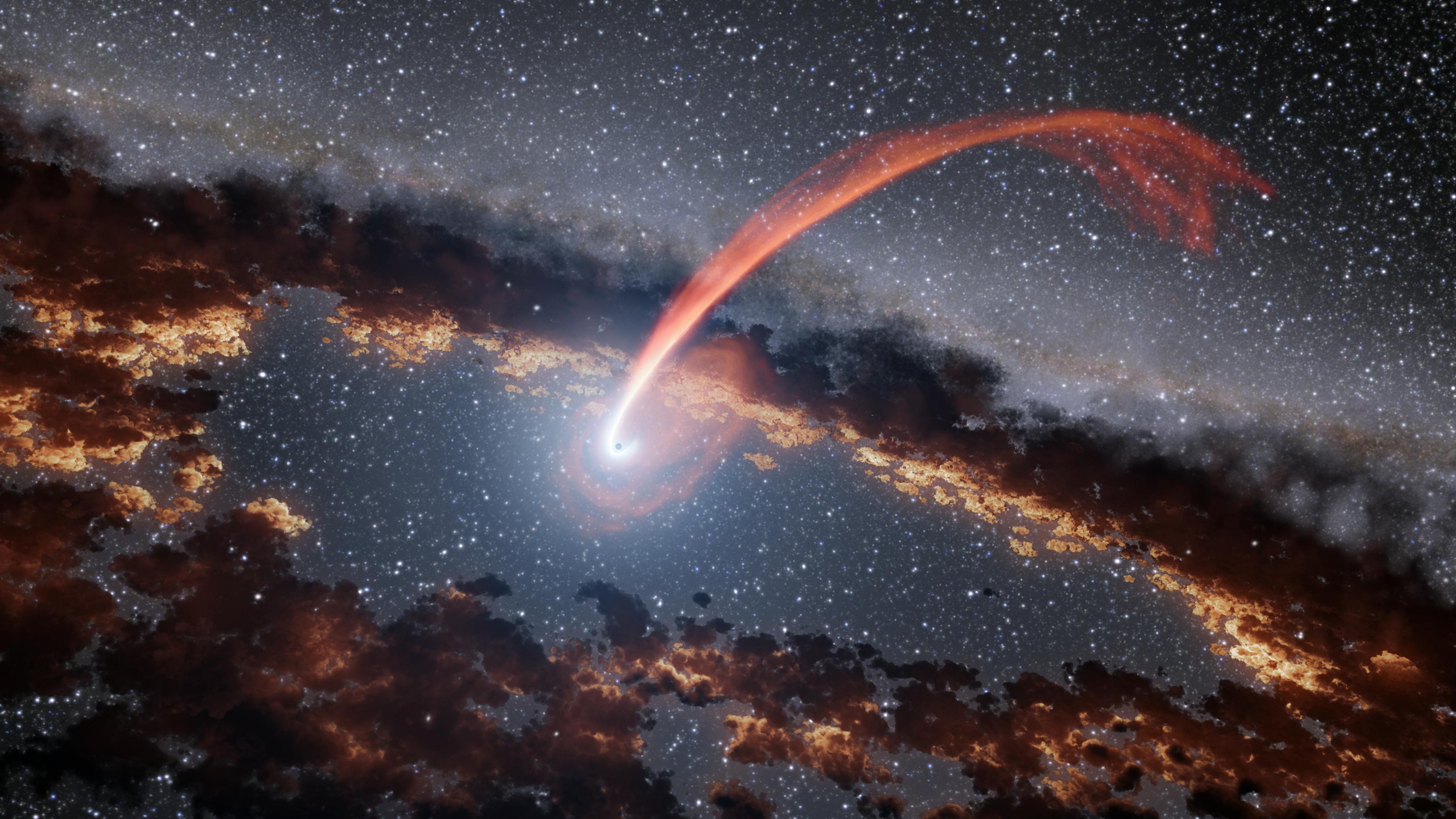





_Vatican_Museums-DSC_0206.jpg)







